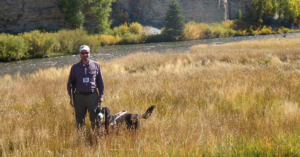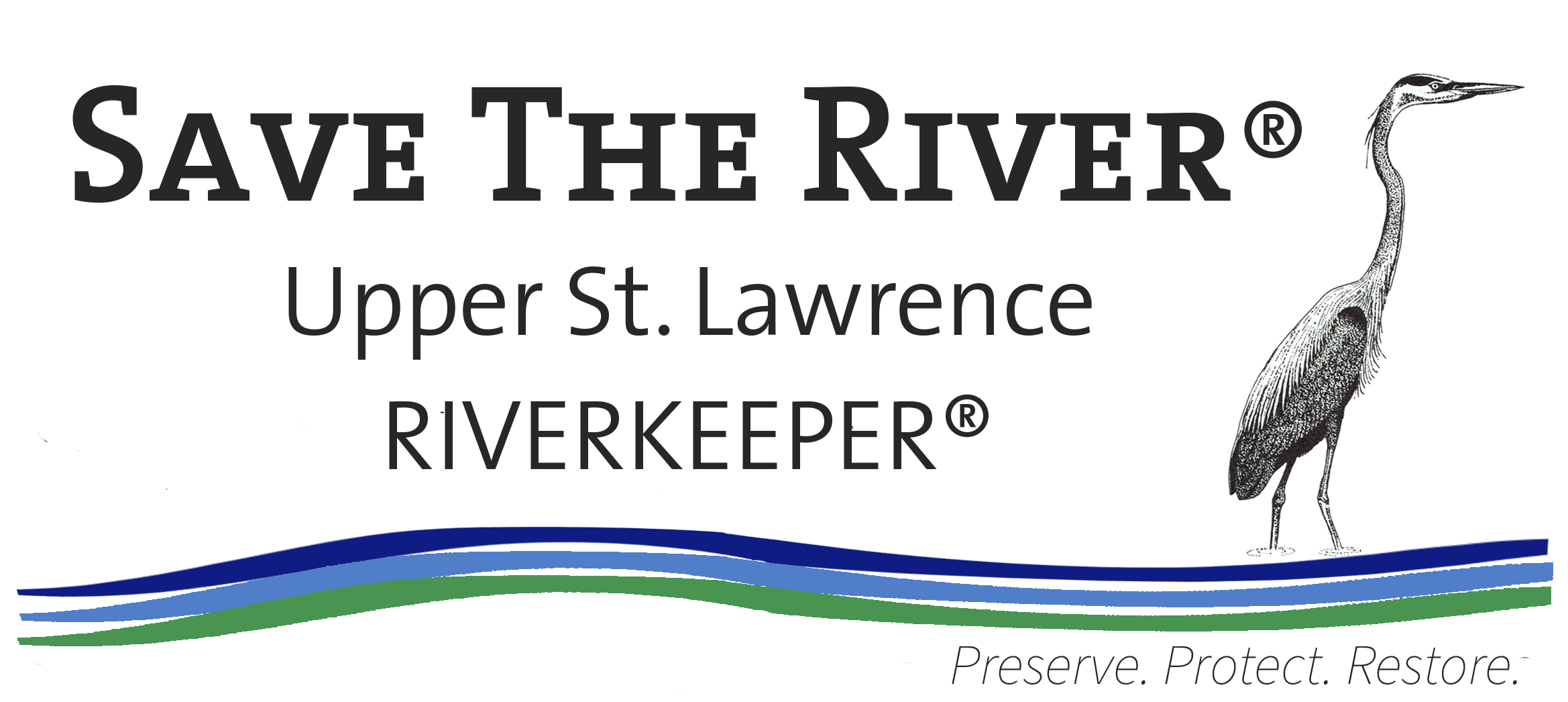Since issuing our first call to action for youth and others living with vision loss to connect with nature through outdoor adventure, lots has transpired. The concept of blind and vision impaired people flexing their visualization and storytelling muscles to inform and inspire others to become stewards of nature is taking root. The hidden underwater world and earth’s many creatures are gaining new voices to speak on their behalf alongside science, indigenous and local knowledge. Outdoor skills specific to those living with vision loss are increasingly being shared to ensure no one person is left to learn to adventure in nature on their own. It’s unique knowledge that Google, Facebook and YouTube have yet to serve up through algorithms. Through your assistance we can inform and inspire a new wave of amazing outdoor adventurers and voices for nature.
San Francisco’s Lighthouse for the blind and Visually Impaired recognizes and incentivizes people living with vision loss to dare to dream through their annual Holman Prize competition. On episode 24 of Outdoors with Lawrence Gunther we review three of the outdoor oriented Homan Prize semi-finalists, and we speak with a 2017 Holman winner about his international blind kayaking adventure. We share blind kayaking tips and the application of assistive technologies on the water and reflect on what it takes to dare to run Whitewater.
https://podcasts.apple.com/ca/podcast/episode-24-kayaking-blind/id1530444764?i=1000519487214
Fighting Blindness Canada is working with youth living with vision loss to develop the skills to live fulfilling lives. Even more, how to become net givers to their communities. This includes standing up for nature through exploration and storytelling. I was pleased to be their keynote speaker at their 2021 annual youth congress.
https://www.youtube.com/watch?v=tURNXxdNOAc
Freedom Wings opens up the heavens to those who dare to glide. On episode 23 of Outdoors with Lawrence Gunther we speak with one of Freedom Wing’s regional program champions about their experience taking blind and low vision flyers gliding. We contrast our need to fly with feats of flight mastered by earth’s other non-avian creatures. We also explore the technologies and challenges blind adventurer Miles Hilton Barber experienced during his microlight flight halfway around the world.
Dogs can do more than guide, as anyone who uses one knows, they can also pull. Blind competitive musher and owner of Trails of Dreams, Rachael Scdoris, shares her tails of racing in extreme Arctic sled dog competitions as the world’s only blind competitor, and what it takes to turn a passion into a business. On episode 21 of Outdoors with Lawrence Gunther Rachael shares her outdoor adventures, knowledge and lessons learned.
https://podcasts.apple.com/ca/podcast/outdoors-with-lawrence-gunther/id1530444764
Turns out humans weren’t the first to develop web communications, trees have been using “wood wide webs” for millennia. On episode 22 of Outdoors with Lawrence Gunther we speak with experts from the Vanier Sugar Shack on the origin of their tree community, and how different indigenous groups discovered maple sugar. Included are tips on turning sap into syrup without sight.
https://podcasts.apple.com/ca/podcast/outdoors-with-lawrence-gunther/id1530444764
Accessible Media Inc has been a valued partner and believer in the goal of sharing knowledge about outdoor adventure and the natural environment through its numerous broadcast channels. This includes making available the audio described documentary, “Makings of a Guide Dog”. The film covers a ten-month period of time spent working with CNIB Guide Dog trainers to expose eight young guide dog trainees to outdoor experiences, and what’s needed to guide people “off grid”. The documentary concludes with one of the eight newly trained CNIB Guide Dogs being selected as my new “eyes on the world”.
The origin of blind storyteller and conserver of legends among indigenous communities can be traced back thousands of years. My own research and work in Canada’s Arctic began in the late 1980’s and has since led to forging many strong connections and collaborations with Inuit and Native people throughout Canada. I am especially thrilled when I meet elders living with vision loss who continue the tradition of storyteller. Their skills and the stories they commit to memory date back long before the existence of print. It is therefore a true honor when I’m invited to speak to indigenous communities, such as the Mohawks of Akwesasne during their World Wetlands Celebrations this past February.
https://www.youtube.com/watch?v=HIieRQeial0
Conservation groups such as Save The River in Clayton New York are making tremendous progress in restoring and protecting their watershed. The organization is well resourced and supported. Once again, I was chosen to give the keynote speech at their annual general meeting. It goes to show that when it comes to giving voice to hidden underwater worlds, tapping a person skilled at visualizing and storytelling can fill a gap that might otherwise go unmet.
Indigenous communities and conservation groups aren’t the only ones looking to blind storytellers to help paint a picture of what people with sight often are unable to see for themselves. Scientists too occasionally need help to see the “forest for the trees”. Once again, I was a presenter during the annual Research Symposium held by the St. Lawrence River Institute for Environmental Science.
https://www.youtube.com/watch?v=9XcK7I-21W8&list=PLy9SJmbQNu15B31eU1FRzWc4PG3mbSAqb&index=3
Please feel free to share these resources as you see fit. Just as importantly, let me know of your own stories about how vision loss is being reimagined to become an essential element of your outdoor adventures and advocacy. Together we can build a network of people living with vision loss who are enhancing their connection with nature to become voices for our mostly hidden and largely silent earth.
Yours Truly,
Lawrence Gunther Euteneier M.E.S. M.S.M.

Lawrence and his guide dog fly fish the Arkansas River in Colorado U.S.A.
